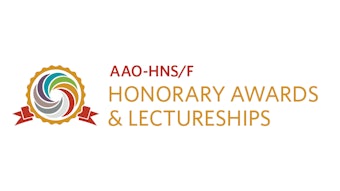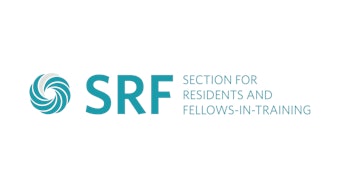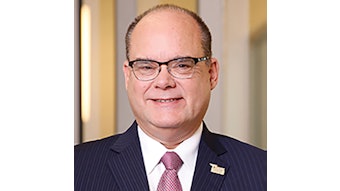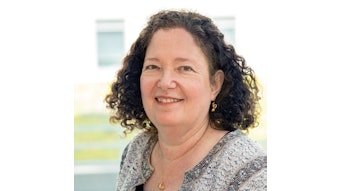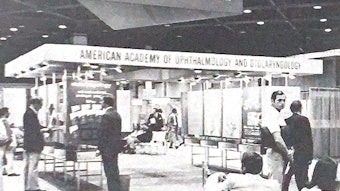Online Simulation and Gamification
Kyra M. Osborne, MD, is joined by Jeffrey P. Simons, MD, to discuss the benefits of using gaming modules in medical education

As Coordinator of Education, how do you see gaming modules such as this being incorporated into education for attendings and residents alike?
Currently, practicing otolaryngologists, residents, clinical fellows, advanced practice providers, and medical students interested in the field rely on a variety of educational sources to stay current and advance their medical knowledge and surgical skills. These sources include live courses and conferences, journals, textbooks, webinars, online courses, and case-based computer modules. However, 21st century, evidence-based adult learning principles suggest that physicians and medical students seek learning opportunities that are more interactive, feature more animation and feedback, and focus on products and experiences that are immediately applicable to their clinical practices.
Serious games are those developed for purposes other than purely entertainment. Such games have been increasingly used for medical education, as they have the potential to be interactive, stimulating, challenging, and goal oriented. Otolaryngology simulation gaming modules will help meet the needs of otolaryngologists and otolaryngology trainees throughout all stages of their careers.
What do you think are the advantages of simulation scenarios? This one in particular?
Simulation gaming modules have several potential benefits. They can be entertaining, interesting, fun, and relevant to the contemporary practice of otolaryngology. They can provide immediate feedback and keep learners engaged and motivated. Such games allow for self-paced learning, repetition, and continual assessment. They are also easy to access and can be disseminated to a wide audience, including medical students, advanced practice professionals, and the international otolaryngology community.
The Academy’s first simulation gaming module (xSIM) is on complex airway management. It is a depiction of a real-life emergent airway situation. It helps to work through the scenario in a safe environment to understand the steps needed to obtain the difficult airway. Immediate feedback is provided for both good clinical decisions and areas for improvement.
How do you see otolaryngology simulation gaming modules changing in the future?
This first xSIM module that was developed by the AAO-HNSF Education Committees is a great start. We have received a tremendous amount of positive feedback about the module from physicians at different stages of their careers. In the near future, I wouId like to have a leaderboard where individual physicians, residents, or even residency programs could compete on their performance on the modules. I think that we will also see aspects of virtual reality or augmented reality incorporated into some of these gaming modules.



